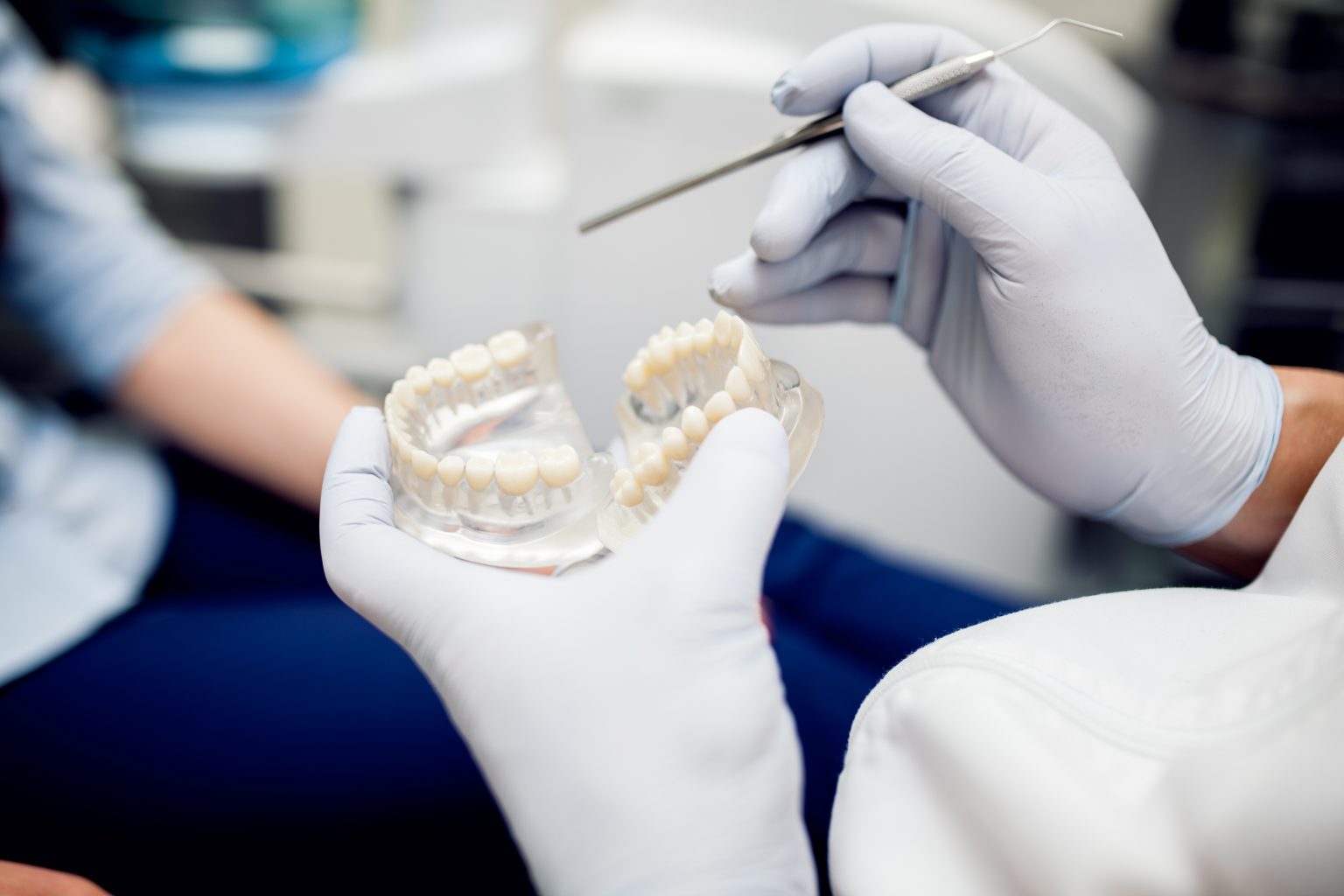Overview
In dentistry, nitric oxide gas, also known as “nitro gas,” is a new alternative for sedation and pain relief. Nitric oxide (NO) provides a special method with unique features, even if nitrous oxide (N2O) has long been the industry standard for dental sedation. In addition to answering frequently asked questions by patients, this page examines the uses, advantages, and safety of nitric oxide in dentistry.
1. What is gaseous nitric oxide?
The body naturally produces nitric oxide, a white gas. It is becoming more well-known in dentistry due to its possible use in pain management and sedation. Nitric oxide functions differently in the body than nitrous oxide, exhibiting both analgesic (pain-relieving) and anxiolytic (anxiety-reducing) properties.
2. How Do Dental Procedures Use Nitro Gas?
Like nitrous oxide, nitric oxide can be given via a specific delivery system. During dental procedures, patients breathe in a combination of oxygen and nitric oxide. This combination enables a rapid beginning of action, reducing discomfort during procedures and calming nervous patients.
3. What Advantages Does Using Nitric Oxide Offer for Dental Procedures?
- Anxiety Reduction: Nitro gas is a great option for those who are anxious about their teeth because of its potent anxiolytic qualities.
- Pain Relief: It effectively reduces pain, making dental operations more comfortable.
- Fast Onset and Recovery: Nitric oxide usually takes effect fast, and patients can recover quickly after stopping its delivery.
- Few Side Effects: When compared to other sedative alternatives, nitric oxide often has fewer side effects and is well tolerated.
4. Are All Patients Safe to Use Nitro Gas?
Although nitric oxide is thought to be safe for the majority of individuals, there are certain exceptions. Before utilizing nitric oxide, patients with respiratory disorders, specific cardiovascular diseases, or those who are pregnant should talk to their dentist about their medical history.
5. What Is the Difference Between Nitrous Oxide and Nitric Oxide?
Although both gases are employed to induce drowsiness, their modes of action differ. The main effect of nitrous oxide is sedation; it relaxes people without significantly reducing pain. Nitric oxide, on the other hand, provides both analgesia and sedation. For some individuals, particularly those who need more involved treatments, nitric oxide may be a better option due to its dual function.
6. What Can Patients Anticipate While Receiving Nitro Gas Treatment?
In order to inhale the gas mixture, patients undergoing nitric oxide treatment usually have a mask fitted over their nose. Shortly after inhaling, they can feel calmer and have less pain. Throughout the process, dentists will keep a close eye on their patients and change the gas concentration as necessary.
7. What Is the Price of Nitro Gas?
The price of applying nitric oxide to dental operations differs depending on the area and particular dental office. Generally speaking, it can cost anywhere from $50 and $200 every session, depending on how complicated the treatment is and how long the patient is sedated. To find out if any expenses are reimbursed, patients are advised to contact their dental insurance companies.
In summary
A cutting-edge technique in contemporary dentistry, nitric oxide gas provides patients undergoing a variety of operations with efficient sedation and pain treatment. Its special qualities, along with the advantages of quick onset and little side effects, make it a good choice for people who are nervous or who need more extensive dental operations. As with any sedation technique, talking about your options with a dentist who is qualified is essential to determine the best approach for your individual needs. If you are considering nitro gas for your next dental visit, consult your dentist to learn more about how it can enhance your experience

